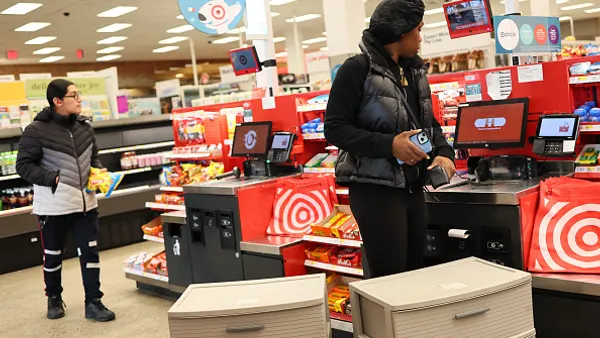Dive Brief:
- What do pet insurance, identity theft protection and critical illness coverage have in common? They represent an emerging type of voluntary benefit, employee-paid perks (usually at a discount) used to feed the shifting demands of today's more diverse workforces, according to Employee Benefit News.
- A recent survey from Willis Towers Watson cited by EBN found that 92% of employers polled view voluntary benefits as an important part of their total rewards package. In 2015, the number was only 73%.
- Core and voluntary benefits differ, of course, but employees might see them as complementary offerings during open enrollment, according to EBN. For example, high-deductible health plans, critical illness and hospital indemnity may be packed closely on the options menu, but critical illness (covers expenses not paid by traditional health insurance) is the lone voluntary option.
Dive Insight:
Voluntary benefits are hardly new, as dental/vision care, supplemental life, accidental death and dismemberment and disability insurance have been around for decades. But somewhat newer voluntary benefits including pet, homeowners, legal, auto, critical illness and hospital indemnity insurance are being combined with identity theft protection plans and student loan consolidation/refinancing to deliver more choice. Using payroll deductions to pay for the coverages is an attractive option, according to EBN.
EBN reports that Willis Towers Watson research predicts identity theft protection, offered by 35% of employers in 2015, could shoot to nearly 70% by 2018 and pet insurance could rise to 60% (it's 36% today).
Mary Tavarozzi, group benefits practice leader of Willis Towers Watson, told EBN that employers used to focus their voluntary products to baby boomers, but with the need to attract, retain and engage millennials and younger employees, needs and priorities are changing.












